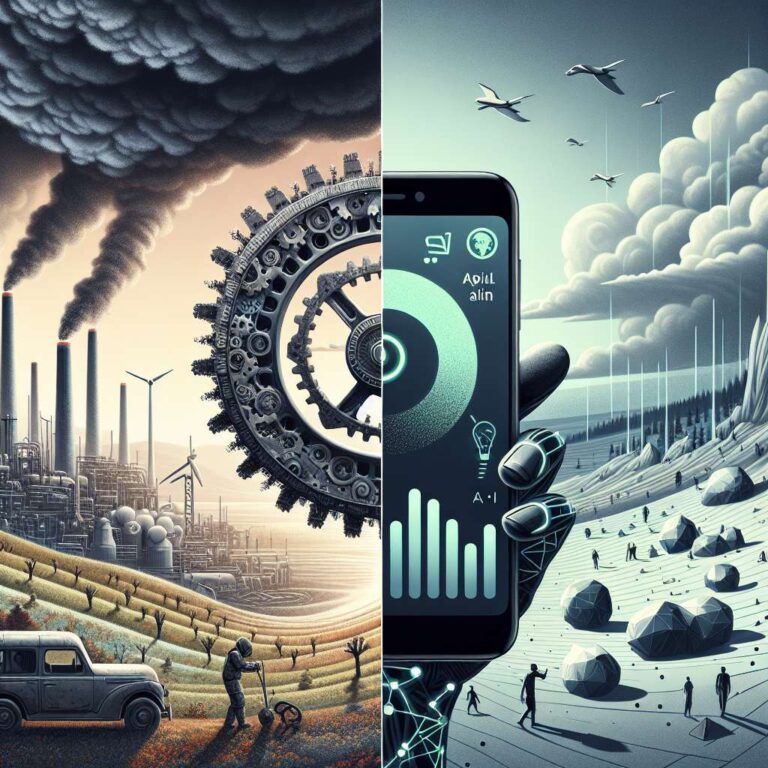The nascent carbon removal sector is hitting a hard reality check after years of hype and rapid company formation. Running Tide, a much-watched aquaculture startup, shut down its operations last summer. Other firms have recently shuttered, downsized, or pivoted, and venture funding is fading. Despite bold ambitions like sequestering a billion tons of carbon dioxide by this year, the industry has made little measurable progress toward such targets. Experts say the hype cycle is ending and the field is entering a difficult commercial trough. The open question is what survives the coming shakeout and how the sector evolves from here, a theme explored as part of MIT Technology Review’s What’s Next series.
Another feature spotlights an Artificial Intelligence-powered smartphone app designed to assess how much pain a person is experiencing. Such tools could support doctors and caregivers, especially for people who cannot easily communicate their pain. But the technology remains imperfect and raises complex questions about how pain is experienced, interpreted, and treated. Beyond clinical promise, these systems invite debate over ethics, accuracy, and how algorithmic judgments might influence care decisions.
The newsletter’s must-reads scan a busy tech landscape: Meta’s lawyers advised staff to block or update parts of teen mental health research to limit legal risk, as the company trims privacy oversight teams. Donald Trump pardoned Binance founder Changpeng Zhao, who pleaded guilty in 2023, a move that could help the exchange resume US operations while signaling a friendlier crypto stance. Anthropic and Google Cloud signed a chips agreement worth tens of billions of dollars. Microsoft discourages erotic interactions with its Artificial Intelligence tools, even as Copilot introduces a Clippy-like helper and rivals like DeepSeek are easily coaxed into sexual content. Other highlights include Big Tech funding for a White House ballroom, law enforcement busts of high-tech gambling schemes, the ease of accessing deepfake harassment tools, algorithmic dynamics that can raise prices, the risk of training language models on shallow social content, and workers who limit Artificial Intelligence to keep their skills sharp.
Quote of the day: Republican senator Thom Tillis on Trump’s pardon of Changpeng Zhao says he was convicted and is not innocent.
One more thing: scientists are tracing hunger circuits deeper into the brain to understand how the urge to eat is triggered and controlled. The work could clarify why global obesity has surged and help explain why a new class of weight-loss drugs appears to be so effective.

